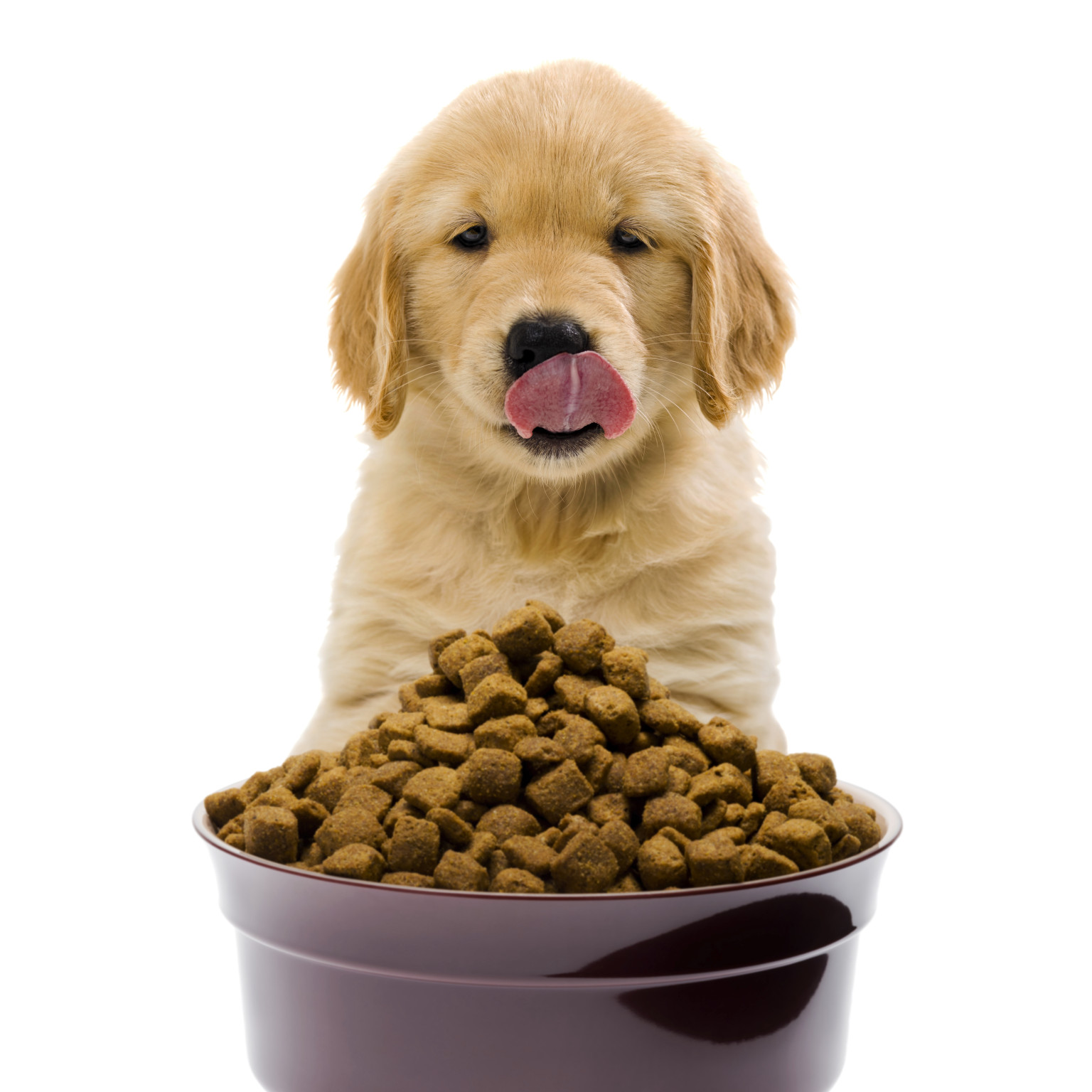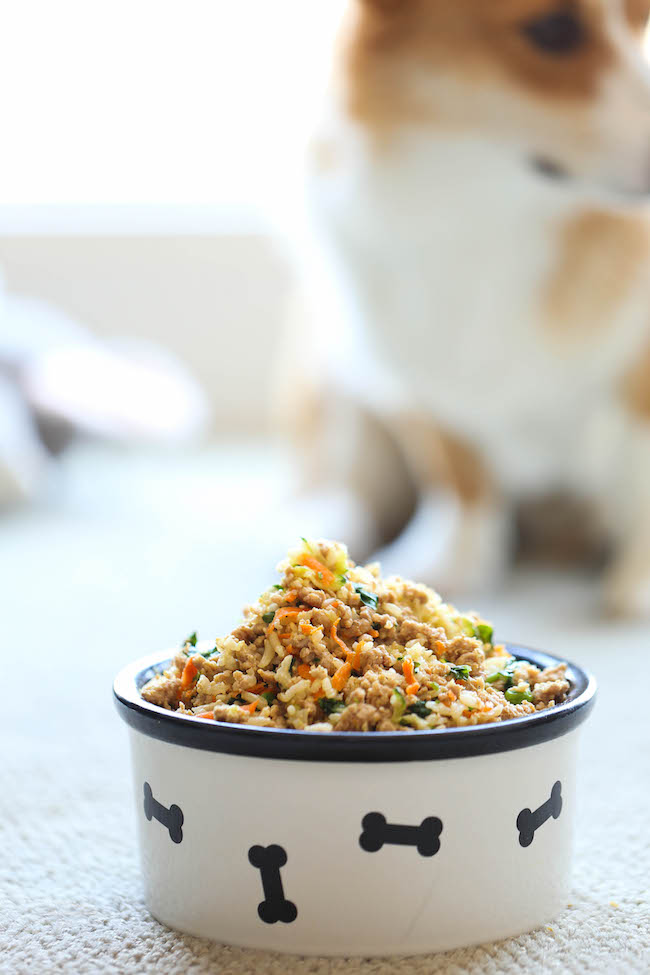
Choosing the Right Dog Food for Your Pet
When it comes to taking care of your furry friends, one of the most important decisions you'll make is choosing the right dog food. Providing your dog with a balanced and nutritious diet is essential for their overall health and well-being. With so many options available in the market, it can be overwhelming to find the best food for your dog. This article will guide you through the process of selecting the perfect dog food for your beloved pet.

Understanding Your Dog's Nutritional Needs
Before diving into the various dog food options, it's crucial to understand your dog's nutritional needs. Dogs require a balanced diet that includes proteins, fats, carbohydrates, vitamins, and minerals. The specific dietary requirements may vary depending on your dog's age, breed, size, and activity level. Consulting with a veterinarian can help you determine the ideal nutrient profile for your furry friend.

Types of Dog Food
There are several types of dog food available, including dry kibble, wet canned food, and raw diets. Dry kibble is the most commonly used option as it is convenient, cost-effective, and promotes dental health. Wet canned food offers higher moisture content and can be beneficial for dogs with dental issues or those who require increased hydration. Raw diets, consisting of uncooked meat, vegetables, and bones, have gained popularity in recent years.

Reading Dog Food Labels
When shopping for dog food, it's essential to read and understand the labels. The ingredients list and guaranteed analysis provide valuable information about the nutritional content. Look for high-quality protein sources, such as chicken or beef, listed as the primary ingredients. Avoid foods that contain excessive fillers, artificial additives, and preservatives. Opt for dog food that meets the standards set by reputable organizations like the Association of American Feed Control Officials (AAFCO).

Considerations for Special Dietary Needs
Some dogs may have special dietary needs due to allergies, sensitivities, or specific health conditions. Grain-free dog food has become popular for dogs with grain allergies or sensitivities. Limited ingredient diets can help identify and eliminate potential allergens. Additionally, senior dogs may benefit from dog food formulated to support joint health and cognitive function. Always consult with your veterinarian to determine the best diet for your dog's specific needs.

Feeding Guidelines and Portion Control
Feeding guidelines provided on dog food packaging serve as a general starting point. However, the appropriate portion size may vary depending on your dog's age, weight, and activity level. It's crucial to monitor your dog's body condition and adjust the portion accordingly. Overfeeding can lead to obesity and related health issues, while underfeeding can result in malnutrition. Regularly check your dog's weight and consult with your veterinarian to ensure they are getting the right amount of food.

Transitioning to a New Dog Food
If you decide to switch your dog's food, it's important to do so gradually to avoid digestive upset. Start by mixing a small amount of the new food with the old one and gradually increase the ratio over a week or two. This allows your dog's digestive system to adjust to the new diet. Monitor your dog for any signs of discomfort or adverse reactions during the transition period.

Common Dog Food Myths
There are several myths surrounding dog food that can confuse pet owners. One common myth is that all dogs should follow a grain-free diet. While some dogs may have grain allergies, most dogs can tolerate grains without any issues. Another myth is that homemade diets are always better than commercial dog food. While homemade diets can be beneficial when properly balanced, they can also be lacking in essential nutrients. Always consult with your veterinarian before making any major dietary changes.

Storing and Handling Dog Food
Proper storage and handling of dog food are crucial to maintain its quality and prevent contamination. Store dry dog food in a cool, dry place in an airtight container to preserve its freshness and prevent pests. Canned dog food should be refrigerated after opening and used within a few days. Wash the feeding bowls regularly with hot, soapy water to eliminate bacteria and ensure your dog's food is served in a clean dish.

Monitoring Your Dog's Health and Well-being
The food you provide plays a vital role in your dog's health and well-being. Pay attention to any changes in your dog's behavior, energy levels, coat condition, or digestive patterns. These can be indicators of the food's suitability for your dog. Regular veterinary check-ups are essential to monitor overall health and discuss any concerns related to diet or nutrition.

Conclusion
Choosing the right dog food is crucial for your pet's health and happiness. Consider your dog's nutritional needs, read labels carefully, and consult with your veterinarian to find the perfect food. Remember to monitor your dog's weight and adjust portions accordingly. By providing a balanced diet and proper care, you can ensure your furry friend leads a healthy and fulfilling life.